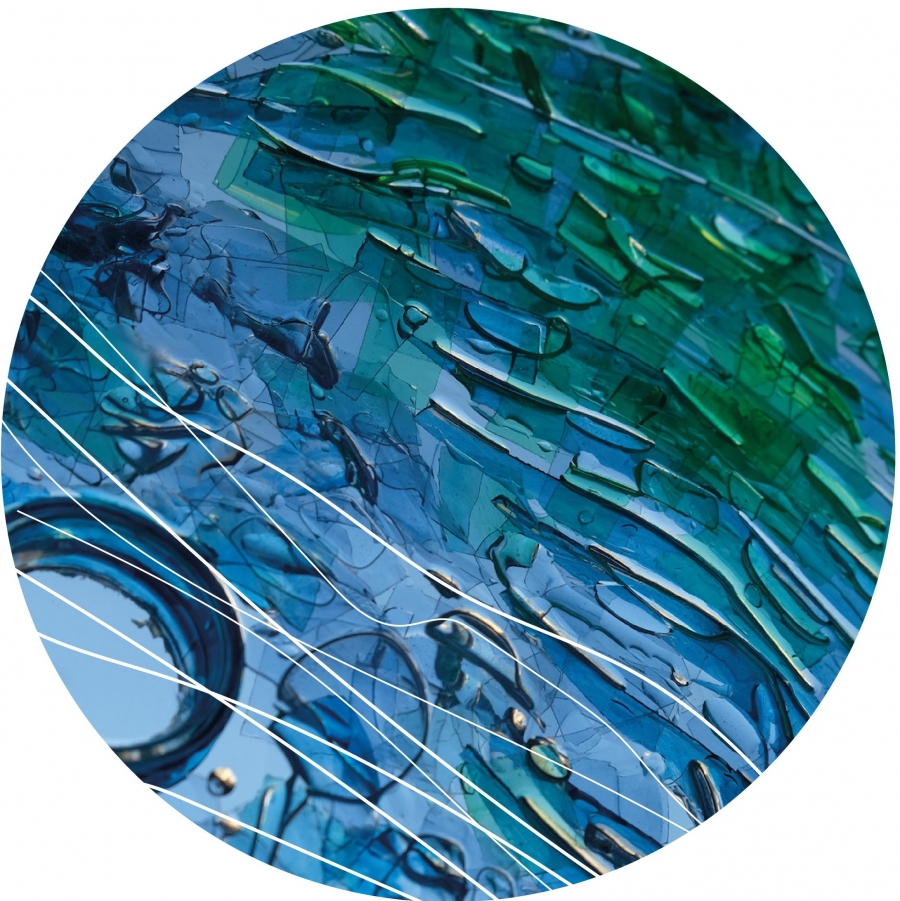
- Details
- Category: Événements
- Read Time: 3 mins
What does “migrations” mean to me: a word, a language, a phenomenon, experiences, a peril, a source, life, death?
What are the possible definitions, the contours, the borders?

- Details
- Category: Événements
- Read Time: 3 mins
On June 20th, while some celebrate World Refugee Day (why not!), Josefa would like to remind us that, according to its vision and experience at the Josefa House, since 2015, in Brussels, we shouldn’t segregate, exclude, even with the best of intentions.

- Details
- Category: Événements
- Read Time: 2 mins
Through which lens do I view the migratory phenomenon? With what dispositions and intentions am I affected by the questions raised by our migrations? Moreover, am I still free of my "migrant being" and of my perceptions about our migrations?

- Details
- Category: Événements
- Read Time: 3 mins
With the help of some twenty authors, Academia Josefa’s blog “About our migration” has been up and running since 2019, and its editorial board has felt the desire to extend the experience by creating a journal…

- Details
- Category: Événements
- Read Time: 3 mins
Politicians and media, you don't say "migrants"; you impose them on "us" by creating a "language" which makes the so-called migrants "objects" of ignorance since this posture prevents us from meeting the actual person, as they are, in their uniqueness; all we have is this one word, a sign of collective discrimination...

- Details
- Category: Événements
- Read Time: 1 min
The migration phenomenon, as it is currently perceived and politically managed, in Europe, in particular, certainly seems to challenge the so-called liberal societies...

